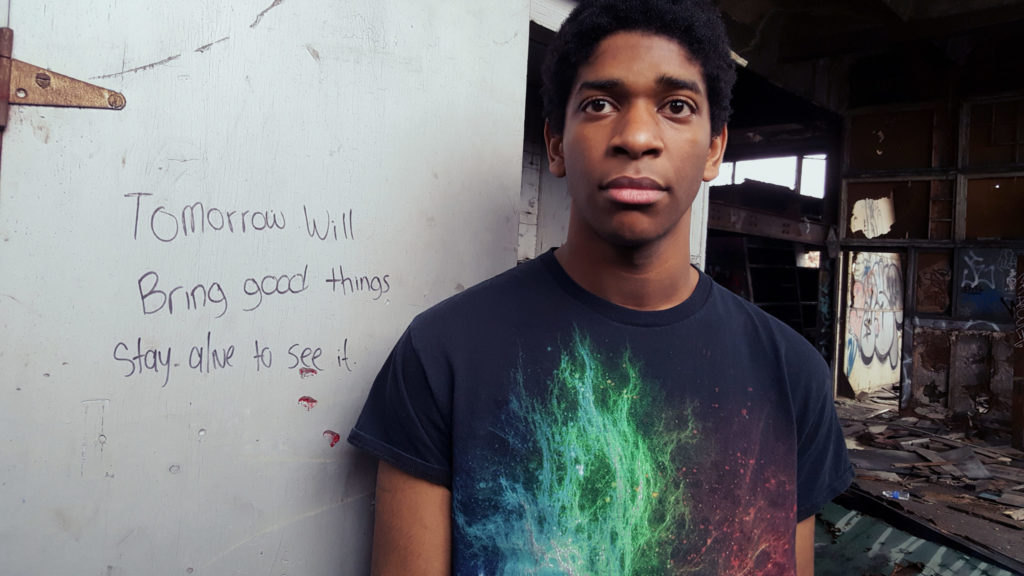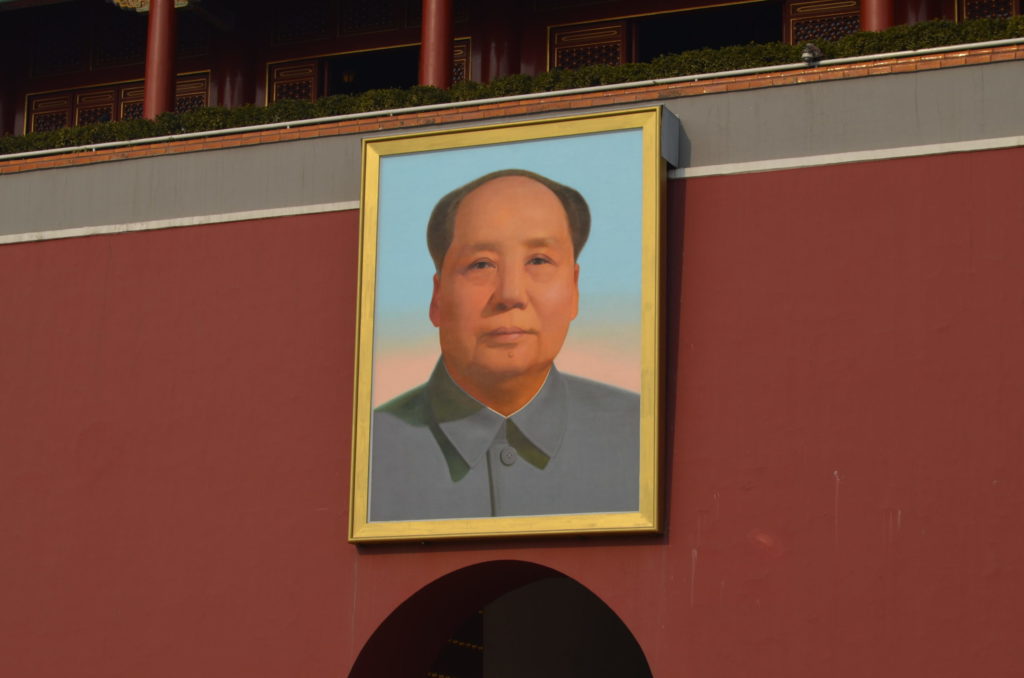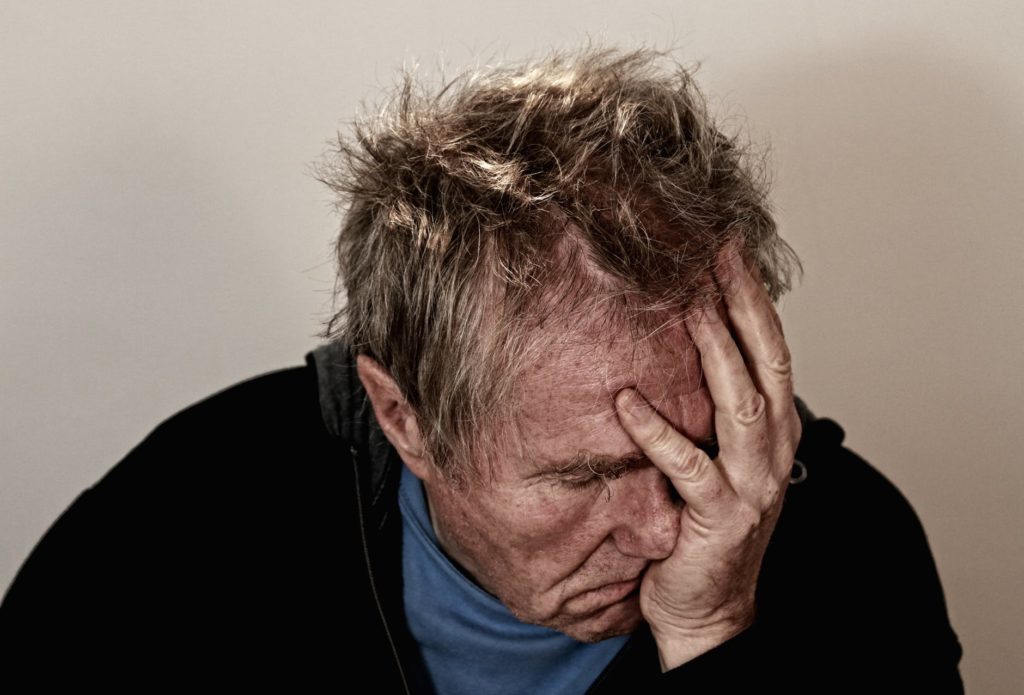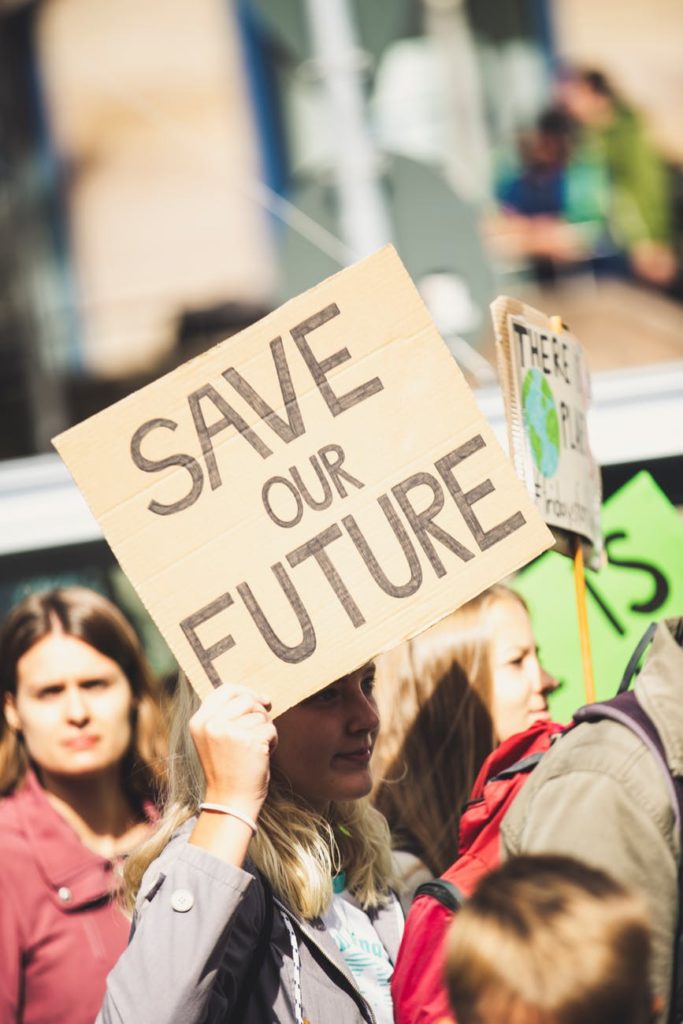The 1973 dystopian film Soylent Green featured several shocking moments, including overpopulation riots and men calling women “the furniture” required for sex. But the most disturbing scene showed Edward G. Robinson entering a euthanasia clinic, choosing to be put down rather than live with his existential anguish. What was once fiction is becoming reality. Assisted suicide, unthinkable then, is popular now. Since the movie was released, many have come to view human existence as a relative, rather than absolute, good. The sanctity of life ethic has been replaced by the drive to eliminate suffering, even if this requires eliminating the sufferer. And the raw power of this logic has led directly to suicide clinics and a right to death on demand—since no one can judge what another person considers to be unbearable torment. Assisted suicide activists insist that euthanasia is only for the seriously ill, and offer vacuous promises of strict guidelines to protect the vulnerable. Such bromides have never made sense to me. If there is indeed a “right to die,” if the most important good is “choice” rather than “life,” how can the right to commit suicide remain limited to the seriously ill? After all, many people suffer more intensely and for a longer time than the sick. Once one accepts the moral propriety of euthanasia, the logic eventually leads to death on demand for anyone who desires to die. Still, even I never expected full-bore death on demand to arrive in the West for another decade. I was too optimistic. A recent ruling from Germany’s highest court has cast right-to-die incrementalism aside and conjured a fundamental right both to commit suicide and to receive assistance in doing it. Moreover, the decision has explicitly rejected limiting the right to people diagnosed with illnesses or disabilities. As a matter of protecting “the right of personality,” the court decreed that “self-determined death” is a virtually unlimited fundamental liberty that the government must guarantee to protect “autonomy.” In other words, the German people now have the right to kill themselves at any time and for any reason. From the decision (published English version, my emphasis): The right to a self-determined death is not limited to situations defined by external causes like serious or incurable illnesses, nor does it only apply in certain stages of life or illness. Rather, this right is guaranteed in all stages of a person’s existence. . . . The individual’s decision to end their own life, based on how they personally define quality of life and a meaningful existence, eludes any evaluation on the basis of general values, religious dogmas, societal norms for dealing with life and death, or consideration of objective rationality. It is thus not incumbent upon the individual to further explain or justify their decision; rather their decision must, in principle, be respected by state and society as an act of self-determination. The court wasn’t done. The right to suicide also includes a right to assist suicide: The right to take one’s own life also encompasses the freedom to seek and, if offered, utilize assistance provided by third parties for this purpose. . . . Therefore, the constitutional guarantee of the right to suicide corresponds to equally far-reaching constitutional protection extended to the acts carried out by persons rendering suicide assistance. The court also opined that Germany’s drug laws might have to be changed to facilitate the absolute right to die that “the state must guarantee”: Sufficient space must remain in practice for the individual to exercise the right to depart this life and, based on their free will and with the support of third parties, to carry out this decision on their own terms. This not only requires legislative coherence in the design of the legal framework applicable to the medical profession and pharmacists but potentially also requires adjustments of the law on controlled substances. This is stunning and appalling: In Germany, autonomous people now have the absolute right to commit suicide and receive assistance in doing so for any reason or no identifiable reason at all. The court’s ruling is so encompassing that it seems to apply even to children capable of making autonomous decisions, since being underage is a “stage of existence.” While the court stated that minor restrictions such as waiting periods might pass legal muster—the government may also prohibit “particularly dangerous forms of suicide assistance” (whatever that means)—the German constitution now requires, literally, death on demand. That will not be the end of it, either. One radical court ruling leads to another. The right to commit suicide could soon become a right to be killed outright. After all, everyone isn’t physically or emotionally capable of committing suicide, and homicide can achieve death more swiftly and with less discomfort than a do-it-yourself demise. Since Germany’s absolute right to assist in suicide is open-ended and not limited to doctors, why not permit friends to kill friends? The ruling also opens the gates to social anarchy. How can the state now restrict the taking and selling of addicting drugs? Drugs may be harmful, but if an autonomous person chooses to spend their days high, how can the state gainsay that decision or inhibit the commercial providers who supply the fixes? How can the state restrict any surgical or chemical sex changes? And on what basis can the state prohibit people who identify as “transabled” (people who have body identity integrity disorder) from amputating their healthy limbs or severing their healthy spinal cords? If suicide is no longer a harm the state has a duty to prevent, how can the state thwart a person’s desire to destroy his bodily functions? Indeed, how can the state restrain any personal behavior or vice, so long as the desired autonomous act does not directly harm an unwilling other? I am reminded of Canadian journalist Andrew Coyne’s prophetic words more than twenty years ago. Reacting to his country’s strong public support for a father who murdered his disabled daughter as a supposed act of compassion, he wrote: “A society that believes in nothing can offer no argument even against death. A culture that has lost its faith Read More ›









